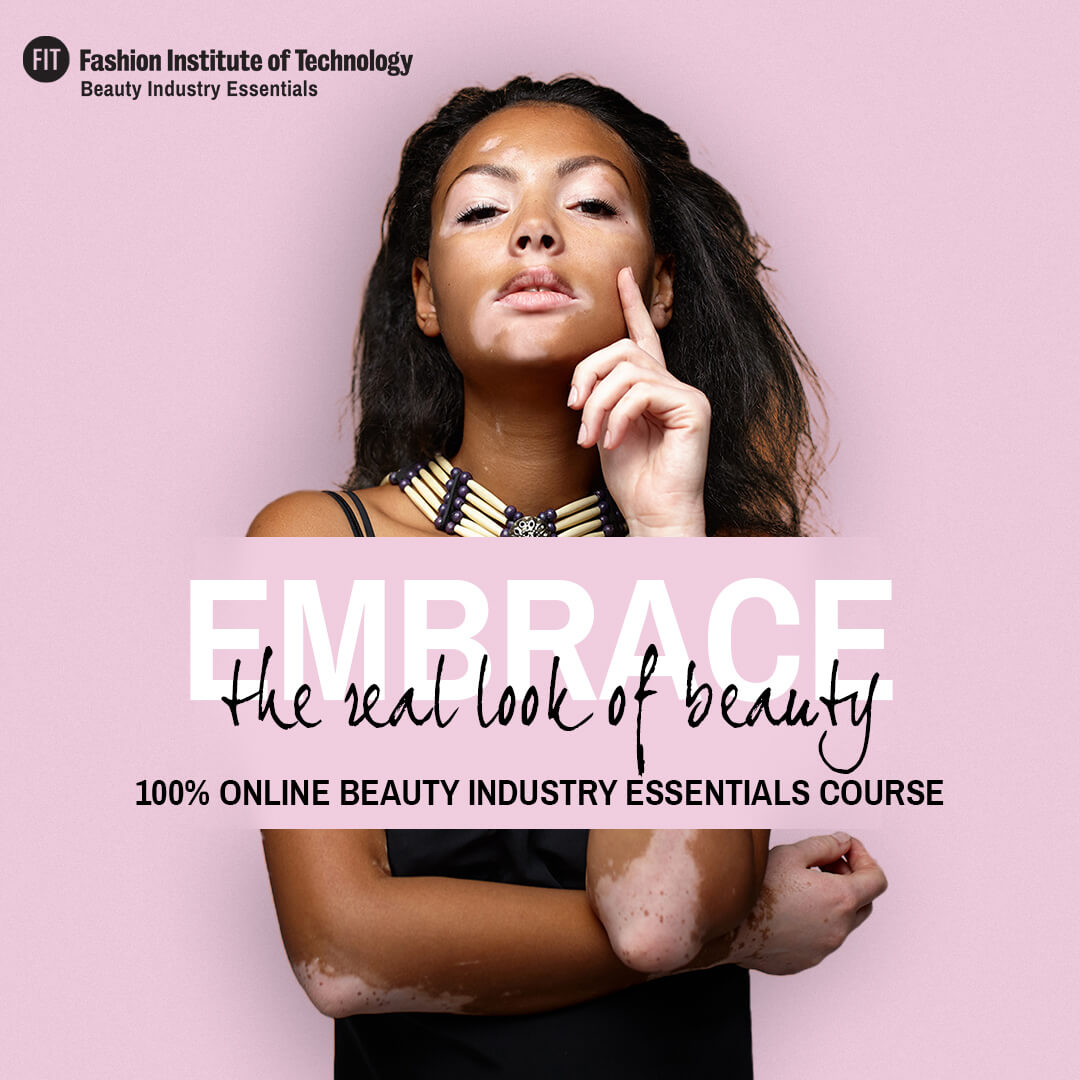The beauty industry is a dynamic and ever-evolving sector that offers a myriad of opportunities for individuals passionate about cosmetics, skincare, haircare, and wellness. Aspiring professionals looking to carve a niche in this competitive field must be prepared to face a range of challenges.
From changing consumer preferences to evolving trends and technological advancements, staying ahead in the beauty industry requires resilience, creativity, and a deep understanding of market dynamics.
Market Saturation
One of the primary challenges in the beauty industry is market saturation. With numerous brands competing for consumer attention, standing out in a crowded marketplace can be daunting.
To overcome this challenge, professionals need to focus on developing unique selling points, innovative marketing strategies, and high-quality products that resonate with their target audience. Building a strong brand identity and creating a loyal customer base is essential for success in this competitive landscape.
Rapid Technological Advancements
Advancements in technology have revolutionized the beauty industry, offering new tools and platforms for product development, marketing, and customer engagement. However, keeping up with the latest technological trends can be a challenge for beauty professionals.
From incorporating augmented reality in virtual makeup try-ons to leveraging social media influencers for brand promotion, staying technologically savvy is crucial in today’s beauty landscape.
Changing Consumer Preferences
Consumer preferences in the beauty industry are constantly evolving, driven by factors such as social media influence, sustainability concerns, and a growing demand for inclusive products.
Beauty professionals need to stay attuned to these shifting preferences and adapt their product offerings and marketing strategies accordingly. Understanding the needs and desires of diverse consumer segments is key to maintaining relevance and competitiveness in the beauty market.
Sustainability and Ethical Practices
In recent years, there has been a growing emphasis on sustainability and ethical practices in the beauty industry. Consumers are increasingly conscious of the environmental impact of beauty products and are demanding transparency from brands regarding sourcing, production, and packaging.
Beauty professionals need to prioritize sustainability, ethical sourcing, and cruelty-free practices to align with changing consumer values and contribute to a more sustainable future.
Globalization and Cultural Sensitivity
As the beauty industry becomes increasingly globalized, professionals must navigate cultural differences and preferences to successfully market their products to diverse audiences.
Understanding the nuances of different markets, respecting cultural sensitivities, and adapting product formulations and marketing campaigns accordingly is essential for building a global brand presence. Embracing diversity and inclusivity in product offerings and marketing strategies can help beauty professionals tap into new markets and connect with a wider range of consumers.
Supply Chain Disruptions
Disruptions in the supply chain, whether due to natural disasters, political instability, or global pandemics, can have a significant impact on the beauty industry. Professionals need to anticipate and mitigate risks in their supply chains, diversify sourcing options, and establish contingency plans to ensure continuity in product availability and distribution.
Building strong relationships with suppliers and logistics partners is crucial for maintaining a resilient supply chain in the face of unforeseen challenges.
Regulatory Compliance
Compliance with regulations and standards governing the beauty industry is a critical consideration for professionals to ensure product safety, quality, and legality. From ingredient restrictions to labeling requirements, navigating the complex landscape of regulatory compliance can be a challenging task.
Beauty professionals must stay informed about relevant laws and regulations, engage with regulatory authorities, and uphold high standards of transparency and accountability in their operations.
Competition from Indie Brands
The rise of indie beauty brands has disrupted the traditional beauty industry landscape, offering niche products, authentic branding, and direct-to-consumer models that resonate with modern consumers.
Established brands face increasing competition from these agile and innovative indie players, prompting them to rethink their strategies, engage with emerging trends, and foster a culture of innovation and creativity within their organizations.
Collaborating with indie brands or exploring partnerships can also provide established beauty companies with fresh perspectives and access to new market segments.
Digital Transformation
Digital transformation is reshaping the beauty industry, from e-commerce platforms and social media marketing to data analytics and personalized customer experiences. Professionals need to embrace digital technologies, leverage data-driven insights, and optimize their online presence to engage with tech-savvy consumers and drive business growth.
Investing in digital skills, exploring emerging technologies, and adopting a customer-centric approach to digital marketing is essential for success in today’s beauty landscape.
Talent Retention and Development
Attracting and retaining top talent is a key challenge for beauty companies looking to build a skilled and motivated workforce. Professionals in the beauty industry must prioritize talent development, offer competitive compensation and benefits, and create a supportive work environment that fosters creativity, collaboration, and professional growth.
Investing in employee training, mentorship programs, and diversity initiatives can help companies nurture a diverse and inclusive workforce that drives innovation and success in the beauty industry.
Key Takeaways:
- Market saturation is a significant challenge in the beauty industry, requiring professionals to focus on unique selling points and building a loyal customer base.
- Keeping up with rapid technological advancements is essential for success, from incorporating AR in makeup try-ons to leveraging social media influencers.
- Adapting to changing consumer preferences, including sustainability and inclusivity, is crucial for staying relevant and competitive.
- Prioritizing sustainability, ethical practices, and cruelty-free initiatives aligns with consumer values and contributes to a more sustainable future.
- Navigating globalization and cultural sensitivity is key to successfully marketing beauty products to diverse audiences and tapping into new markets.
- Anticipating and mitigating supply chain disruptions is vital for ensuring product availability and distribution continuity.
- Compliance with regulatory standards is essential to guarantee product safety, quality, and legality in the beauty industry.
- Indie brands present competition, prompting established companies to innovate, collaborate, and engage with emerging trends.
- Embracing digital transformation through e-commerce, data analytics, and personalized experiences is crucial for engaging tech-savvy consumers.
- Prioritizing talent retention and development through training, mentorship, and diversity initiatives can help companies build a skilled and motivated workforce.
For those looking to further their understanding of the beauty industry and enhance their career prospects, consider exploring the FIT Beauty Industry Essentials online course and certificate program offered by Yellowbrick.
This comprehensive program can provide valuable insights and skills to navigate the challenges and opportunities in the dynamic world of beauty and cosmetics.






